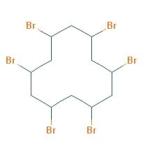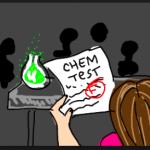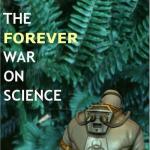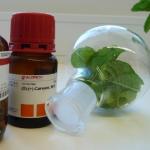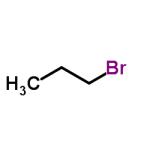The air is nasty in Seattle today. A white smog has settled all over the city, as far as the eye can see.
Chemicals & Chemistry
It's a good thing that the New York Times has the resources to hire someone to cover for its "chemical expert" Nick Kristof, who is qualified to write about toxicity because he is... a lawyer.
Like the word "chemical," the word "pesticide" has been hijacked and then unfairly demonized.
Trial lawyers are cheering that the 9th Circuit Court of Appeals in California ordered EPA to finalize its proposed ban on chlorpyrifos but the science is even less settled t
Companies left and right are banning plastic straws because ocean critters are important - with no evidence getting rid of plastic straws is really helping marine critters at all. While I shake my head at that, I am not surprised.
The Atacama Desert is an inhospitable place.
Carvone is terpene (See Essential Oils - Not What The Name

